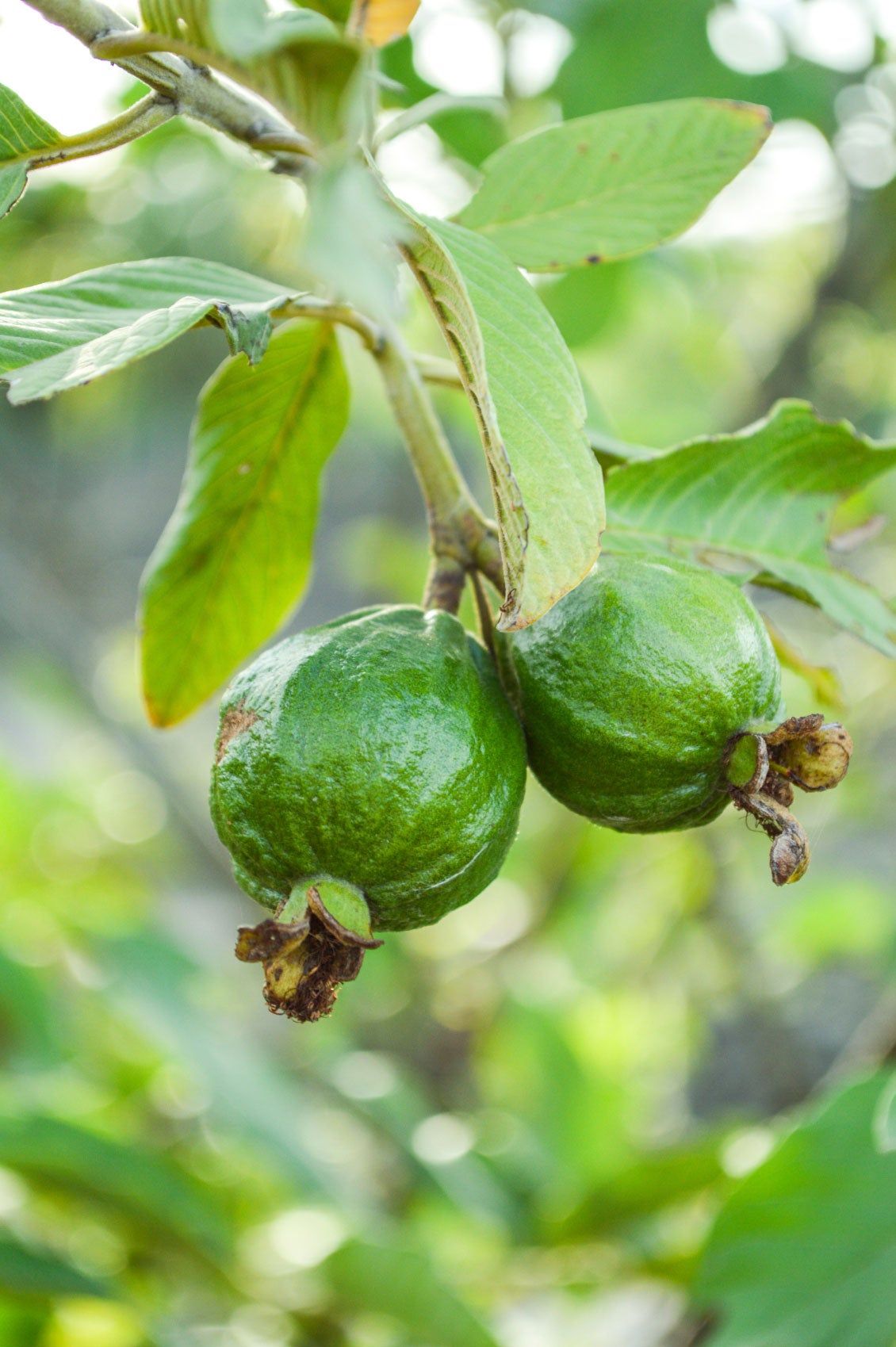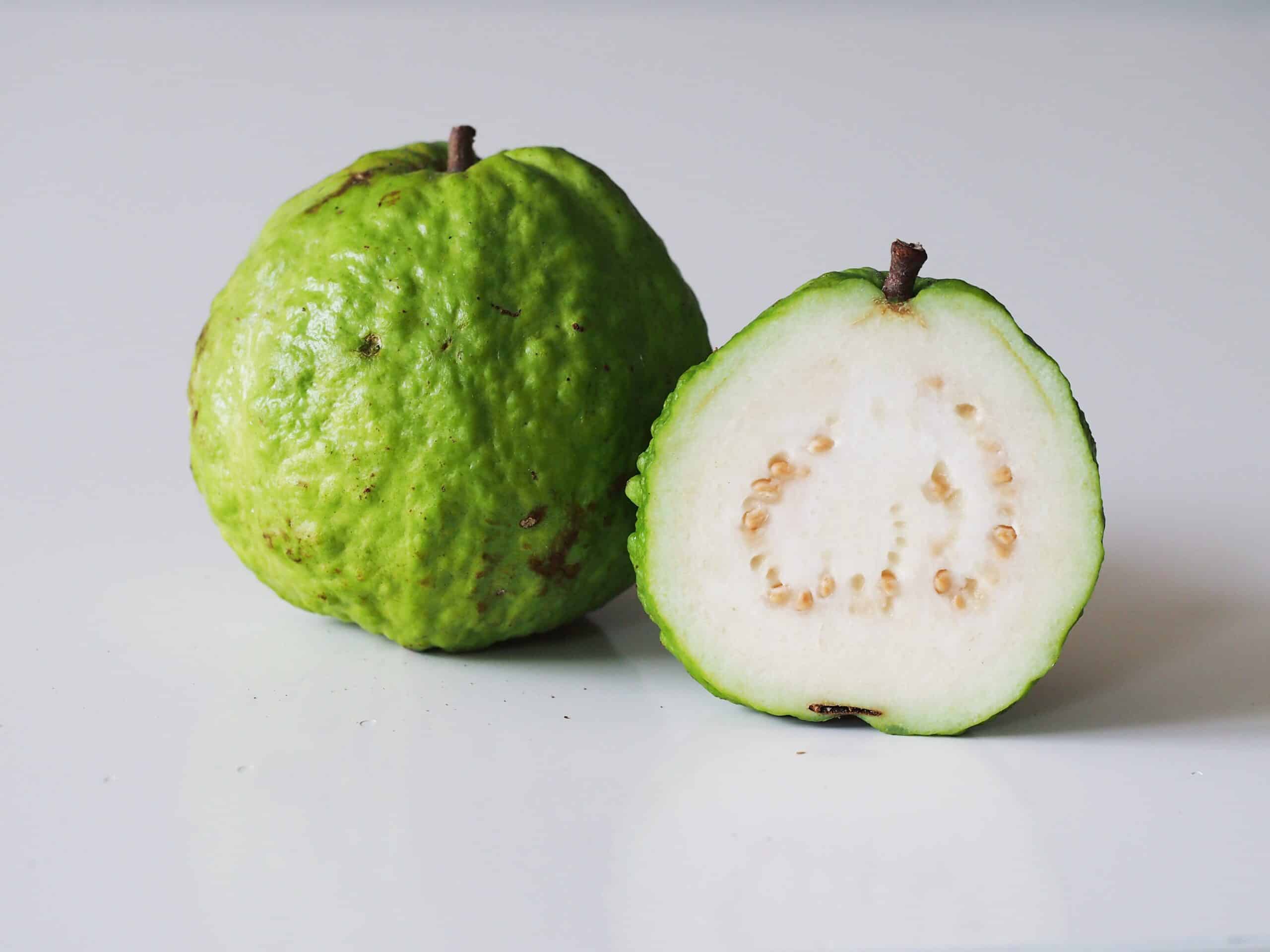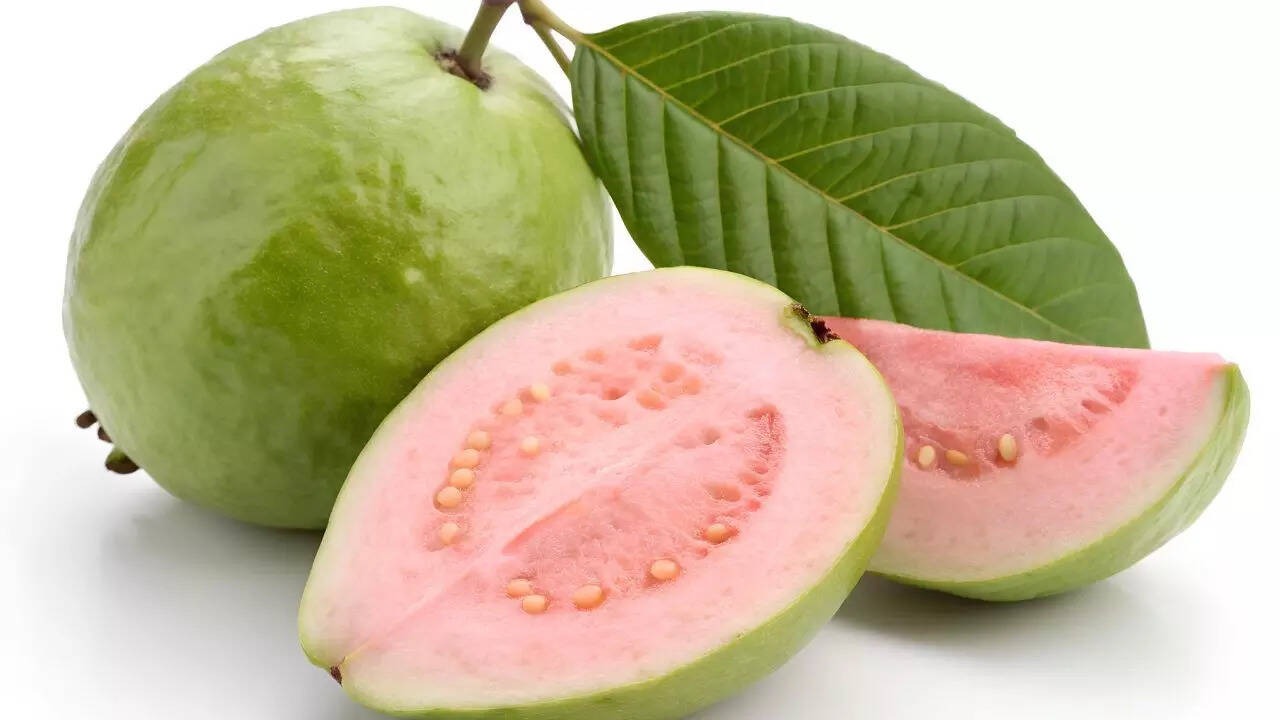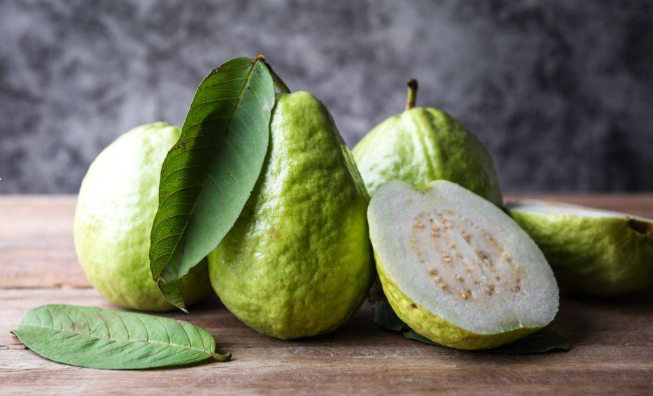The Miracle Power of Guava: A Natural Ally for Healthy Blood Sugar Levels
For centuries, guava has been celebrated as one of the most nutritious tropical fruits. Beyond its sweet aroma and refreshing flavor, modern research suggests that guava — both its fruit and leaves — may offer natural support for blood sugar balance. While not a substitute for medical treatment, incorporating guava into a healthy diet could be a smart step toward better metabolic health.
Why Guava Stands Out
Guava (Psidium guajava) is often called a “superfruit” because of its impressive nutritional profile. It’s rich in vitamin C, fiber, potassium, and antioxidants such as flavonoids and carotenoids — all of which play roles in overall wellness.
But one of guava’s most interesting benefits lies in its potential impact on blood sugar regulation. Whether eaten as fresh fruit or consumed as guava leaf tea, this tropical plant offers a range of properties that may help people maintain healthier glucose levels.
1. Low Glycemic Index: A Gentle Effect on Blood Sugar
Guava has a low glycemic index (GI), meaning it releases sugar more slowly into the bloodstream compared to high-GI foods like white bread or processed snacks. This helps prevent sudden spikes and crashes in blood sugar levels — a key concern for people living with diabetes or prediabetes.
Because of this steady energy release, guava can be enjoyed as a balanced snack that supports stable energy throughout the day.
2. High in Fiber — Especially the Soluble Kind
One of guava’s most important qualities is its high fiber content. A single guava provides up to 12% of the daily recommended fiber intake, including soluble fiber, which helps regulate how your body processes carbohydrates.
Soluble fiber helps to:
-
Slow down the absorption of sugar in the digestive tract
-
Promote healthy digestion
-
Reduce post-meal blood sugar spikes
-
Support satiety, helping with weight management
Since maintaining a healthy weight is an essential part of controlling blood sugar, guava’s fiber content offers dual benefits — both digestive and metabolic.

3. Rich in Antioxidants and Anti-Inflammatory Compounds
Guava is loaded with flavonoids, carotenoids, and vitamin C, all of which act as antioxidants. These natural compounds help neutralize free radicals — unstable molecules that can damage cells and contribute to inflammation.
Chronic inflammation has been linked to insulin resistance, a key factor in type 2 diabetes. By helping reduce oxidative stress and inflammation, guava may indirectly support healthier insulin function.
Some studies have also explored the role of quercetin, a plant flavonoid found in guava, which may help improve glucose metabolism. While research is ongoing, these findings make guava an exciting focus of nutritional science.
4. Guava Leaf Tea: A Traditional Remedy with Modern Support
In addition to the fruit itself, guava leaves have long been used in traditional medicine for managing blood sugar. Today, science is beginning to confirm what many cultures have practiced for generations.
Preliminary studies suggest that guava leaf extract may:
-
Help lower blood glucose after meals
-
Slow the activity of enzymes that convert carbohydrates into glucose
-
Support improved insulin sensitivity
Guava leaf tea is easy to prepare at home:
-
Boil a handful of dried guava leaves in 2–3 cups of water.
-
Let it simmer for about 10 minutes.
-
Strain and enjoy warm or chilled, without adding sugar.
However, it’s important to remember that guava tea is not a replacement for prescribed medication. Always consult a doctor before adding herbal remedies to your routine — especially if you’re already on diabetes medication.

5. How to Eat Guava the Healthy Way
To get the most benefits from guava:
-
Eat it raw and fresh — ideally with the skin, which contains additional fiber.
-
Avoid sugary guava juices or canned versions, as they often contain added sugars.
-
Pair guava with a balanced diet that includes vegetables, lean proteins, and whole grains.
-
Stick to moderate portions — guava still contains natural sugars, so enjoy it mindfully.
You can also blend guava into smoothies, slice it into salads, or enjoy it as a refreshing snack between meals.
6. A Word of Caution and Balance
While guava can support healthy blood sugar management, it is not a cure or substitute for medical treatment. People with diabetes should continue following their prescribed care plan, including medication and regular check-ups.
Every individual responds differently to foods, so it’s best to monitor your blood sugar levels and discuss any dietary changes with a healthcare professional. A balanced lifestyle — combining nutritious eating, regular physical activity, and stress management — remains the foundation for long-term wellness.

Conclusion
Guava is more than just a delicious tropical treat — it’s a fruit with real nutritional value and potential metabolic benefits. From its fiber-rich flesh to its antioxidant-packed leaves, every part of the plant offers something valuable for your health.
Adding guava to your diet may help support more stable blood sugar levels, improve digestion, and enhance overall vitality. When enjoyed mindfully and alongside medical guidance, this “miracle fruit” truly lives up to its name.

